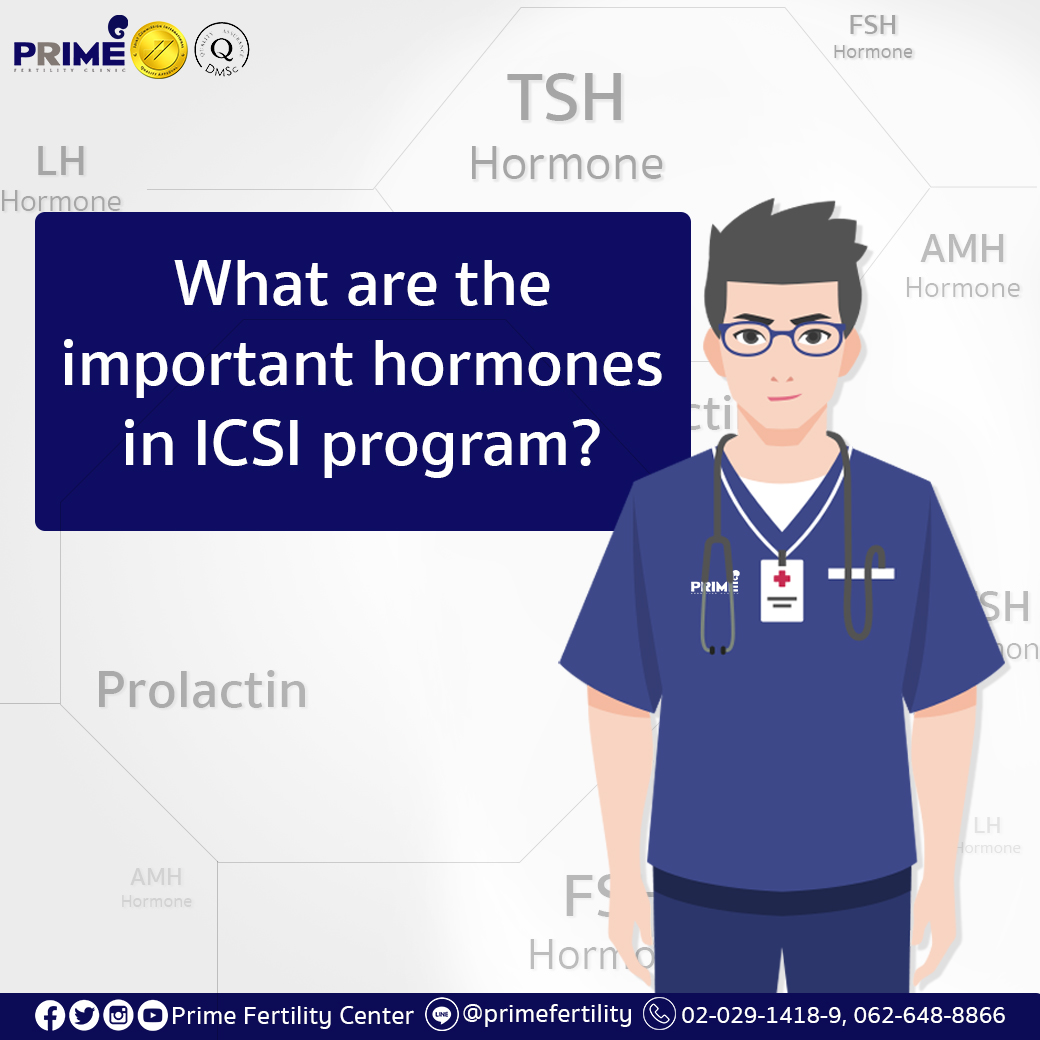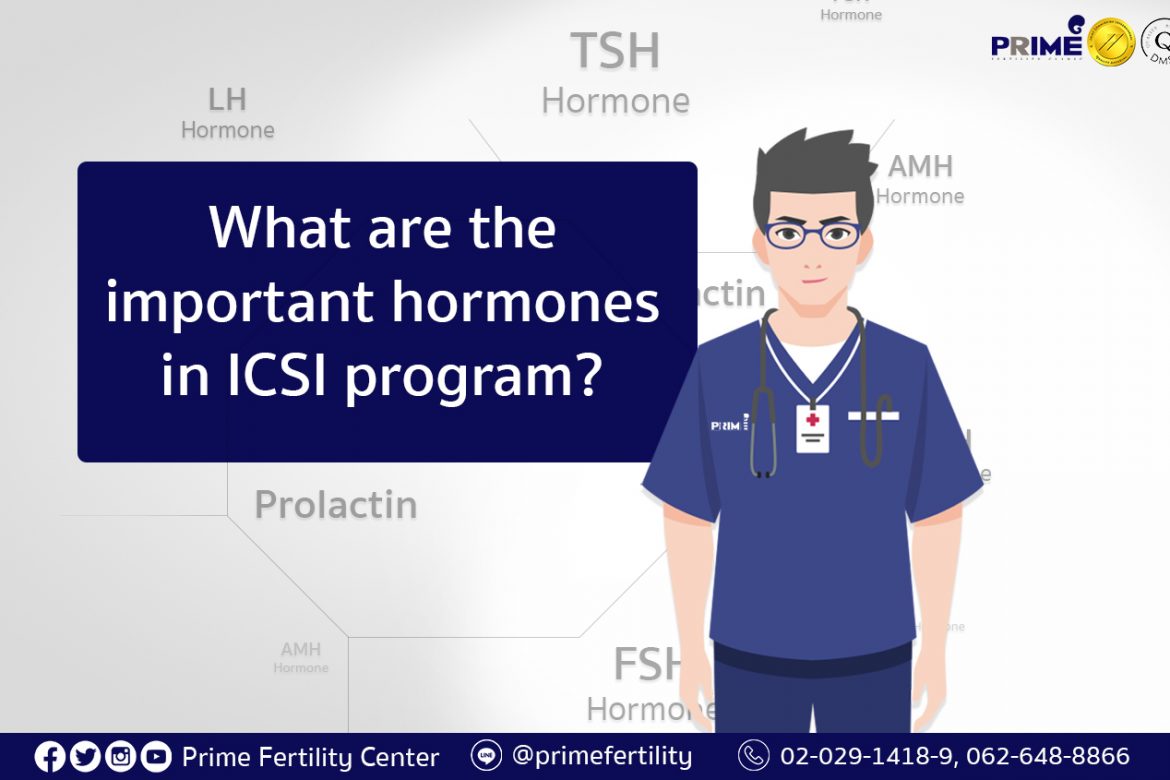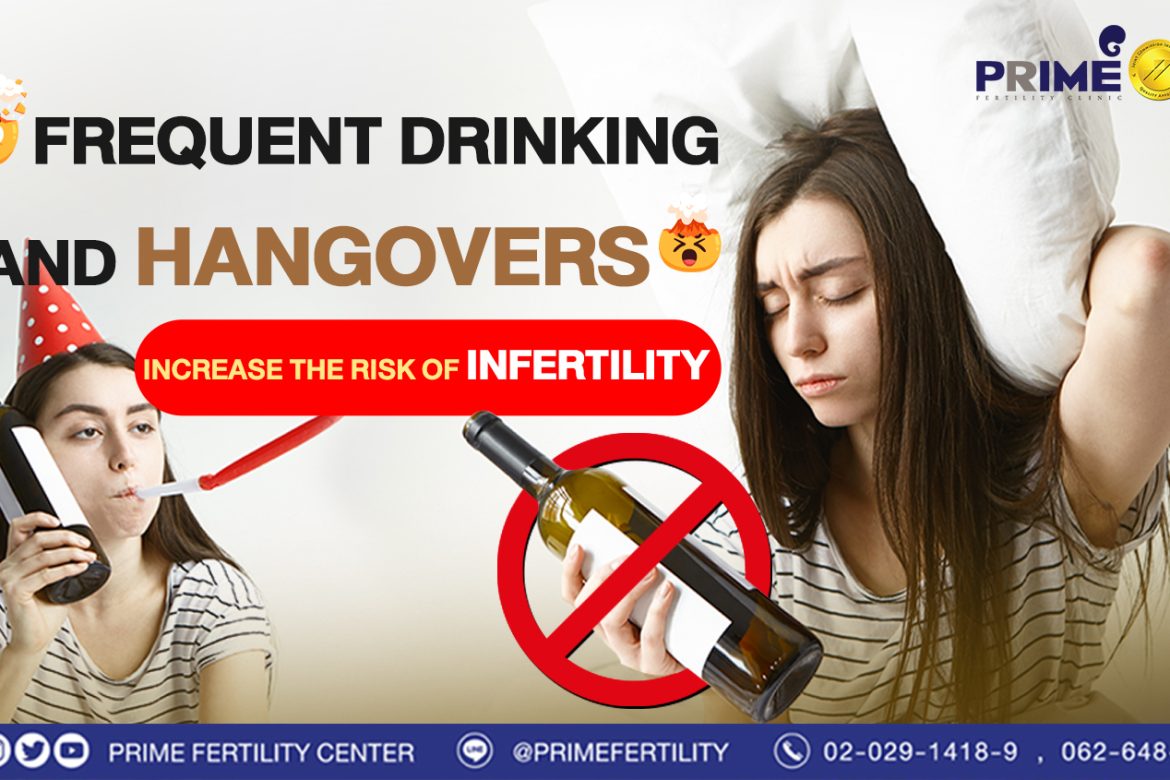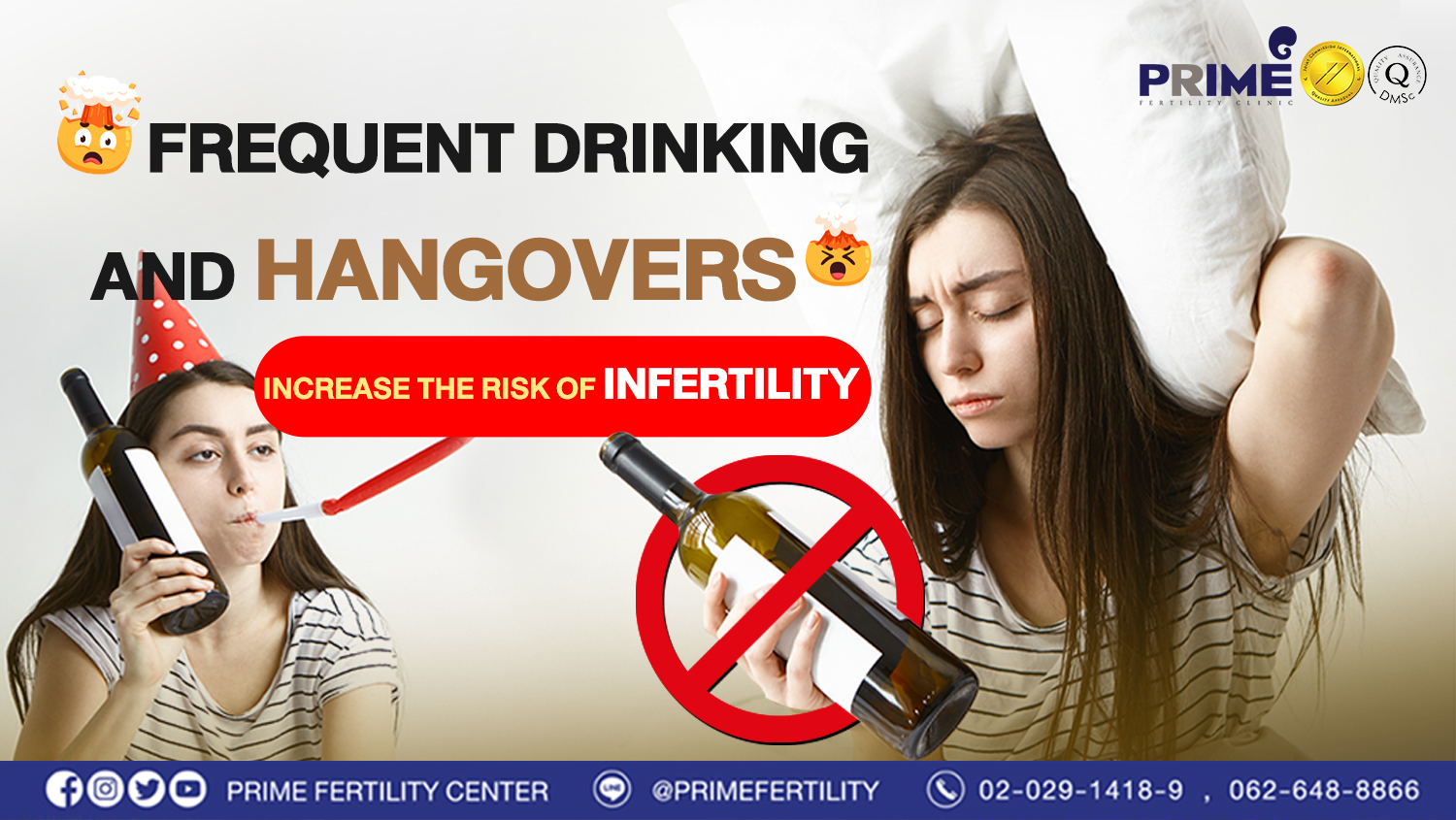
1. Anti-Mullerian Hormone (AMH)
AMH is an ovarian performance indicator. It shows how well and how many eggs a woman’s ovaries can produce. High AMH levels mean a lot of egg reserve then woman may have good eggs in quality and quantity. Low AMH levels (0.2 – 1.26 ng/mL) mean diminished or poor ovarian reserve. So, normal AMH levels exhibit woman still have sufficient egg reserve.
2. Thyroid-Stimulating Hormone (TSH)
TSH test is done to identify the cause of hormonal dysfunction from thyroid gland. The test can also detect Hyperthyroidism and Hypothyroidism. In ICSI program, normal TSH values are between 0.5 – 5 whereas critical ranges are 15-20. High levels of TSH mean an underactive thyroid gland or Hypothyroidism. Since the thyroid gland is trying to maintain its performance by producing a lot of thyroid hormone. On the other hand, low TSH levels mean an overactive thyroid gland or Hyperthyroidism. When the thyroid gland is making too much of hormones, the pituitary gland will produce little thyroid stimulating hormone. Therefore, TSH test can help fertility specialist to arrange further diagnosis and plan for the embryo transfer respectively.
3. Prolactin
Prolactin is related to breast milk production. Therefore, high Prolactin levels are found in pregnant women and women who have just given birth. It inhibits the secretion of FSH and LH. When FSH and LH decrease, women will produce less ovarian hormone then they will have the anovulation. Prolactin levels should be lower than 15-20. High Prolactin levels in women who are not pregnant or not giving breast milk may affect their ovarian performance. The severity depends on how many of abnormal hormone levels and how well the body response to this situation. However, low Progesterone levels, inconsistent ovulation or anovulation may sometimes cause irregular periods or Amenorrhea.
4. Follicle Stimulating Hormone (FSH)
FSH stimulates the growth of eggs and directly associates to women’s menstrual cycle. Low FSH levels are found in women who have PCOS symptoms. High FSH levels occur when women go through premature menopause. Both high and low FSH levels may cause infertility. Normal FSH values are not over than 10 mIU/ml. It is related directly to the ovarian reserve (including quality and quantity of egg reserve). When women have low egg count and diminished egg quality, more FSH will be produced in order to stimulate the growth of follicles inside ovaries. Therefore, high FSH levels may indicate that women are going to reach menopause. On the other hand, too little FSH may affect reproductive performance then suppress the menstrual cycle consequently.
5. Luteinizing Hormone (LH)
LH stimulates ovum maturity and female ovulation. LH levels can be measured by testing a urine or blood sample. The values should not over than 6 (day 1-3). The result will show us some disorders as following:
- Irregular periods
- The appropriate time to conceive
- PCOS (Polycystic ovary syndrome)
- Pituitary Disorders. In case your couple is undergoing to have a baby because your partner has problem about Luteinizing Hormone, the further tests will be needed in order to find out the cause of infertility.
Credit: www.mahidol.ac.th, www.thansettakij.com




